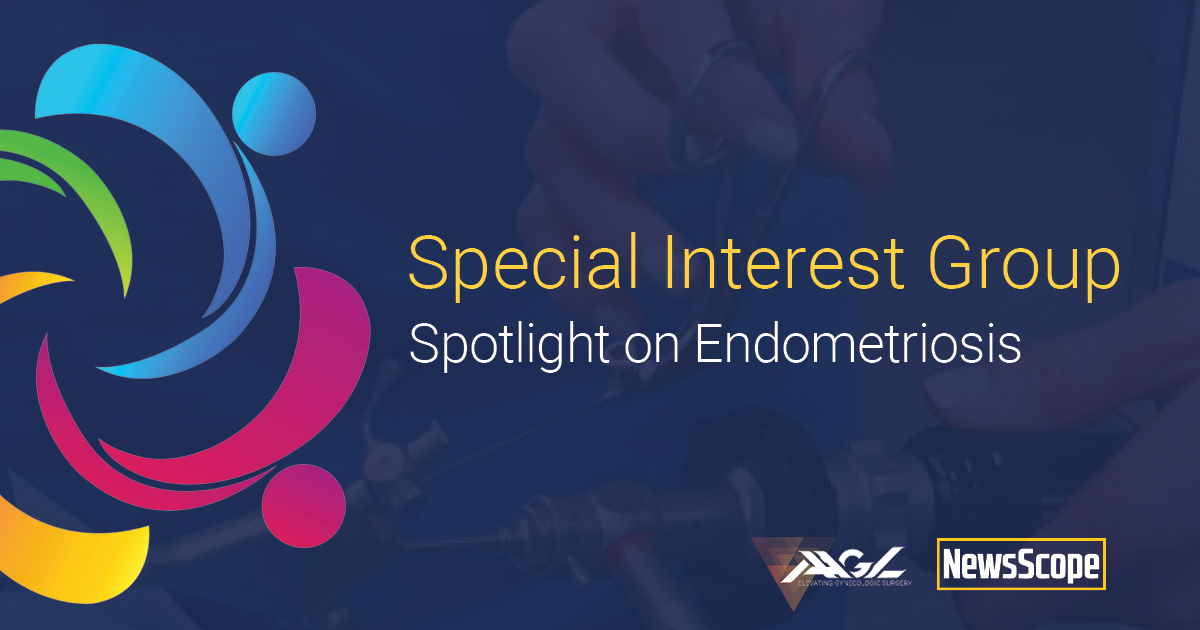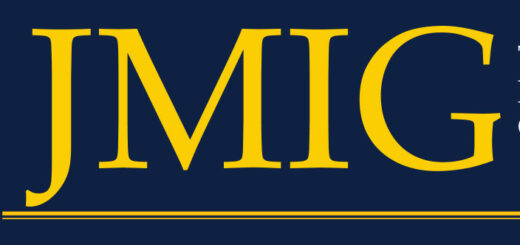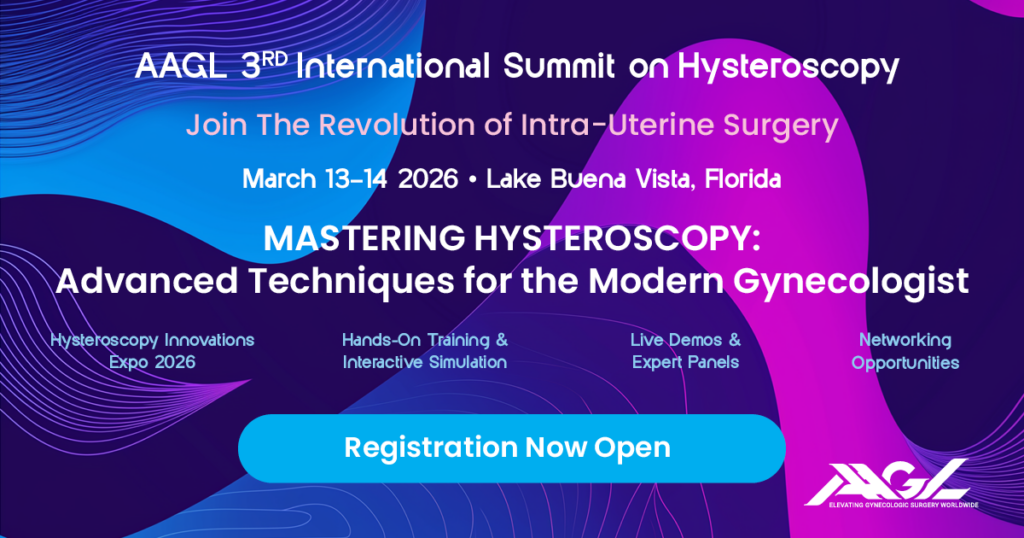The Endometriosis Surgeon: It’s Not How You Start, but How You Finish

The preliminary flourishes of a martial artist in combat is useless, if the practitioner cannot deliver what really matters – the decisive blow resulting in takedown. In the case of the endometriosis excision surgeon, elaborate sidewall dissection, void of disease and ultimately, incompletely excising the midline deep infiltrative endometriosis – rectum, vagina, uterosacral ligaments and bladder, does not deliver the winning blow to endometriosis. Hence, it’s not how you start, but where you finish.
In order for the endometriosis excision surgeon to be victorious, imaging must be utilized to create the correct surgical plan. Furthermore, the surgeon must possess expertise in the knowledge of pelvic anatomy; thus, protecting the ureters from injury, pelvic vasculature from bleeding, and ultimately, performing nerve sparing surgery; whether for example, it be conservation of the hypogastric nerves or Frankenhauser’s plexus, etc. The excision surgeon must have a thorough understanding of the avascular planes to aid in dissection – pararectal, paravesical, etc. Moreover, keen knowledge of energy, to enable safe excision and coagulation, is of paramount importance. For example, it is well documented in literature that due to its negative impact on ovarian reserve, bipolar cautery should never be used to gain hemostasis post ovarian cystectomy.
Finally, often times, the endometriosis excision surgeon, must work with other expert surgeons to enable complete excision of disease; this includes the colorectal surgeon to execute the bowel resection, or the urologist to perform a ureteral implant. It must be understood, however, that it is the domain of the MIGS surgeon to provide special expertise to excise the deep infiltrative endometriosis around the ureter, bladder or rectosigmoid that likely would be incompletely excised by the expert partners from colorectal and urology.
We believe it is the responsibility of the AAGL Board of Trustees, the Endometriosis/Reproductive Surgery Special Interest Group and each and every member of the AAGL to advocate on behalf of our valued patients to enable ease of access to MIGS surgeons with recognized expertise in endometriosis excision.
At present, surgeons performing endometriosis surgery are actually vetted by lay organizations, who are dependent on patient recommendations to define expertise. It is our belief that the AAGL must be the thought leader in establishing valid metrics that qualify surgeons with surgical expertise to deal with this disease’s most challenging aspects.
The AAGL Endometriosis/Reproductive Surgery Special Interest Group continues to call upon the AAGL Board of Trustees to work with our special interest group to establish criteria to recognize surgical expertise in the treatment of endometriosis. It is our opinion that unedited video review offers the best evaluation. The Endometriosis/Reproductive Surgery Special Interest Group is willing to participate at the direction of the AAGL Board of Trustees to help establish this much needed criteria.
Special thanks to Dr. Rachel Yoon, current AAGL fellow at Advocate Lutheran General Hospital, Park Ridge, IL, who assisted with this article.






